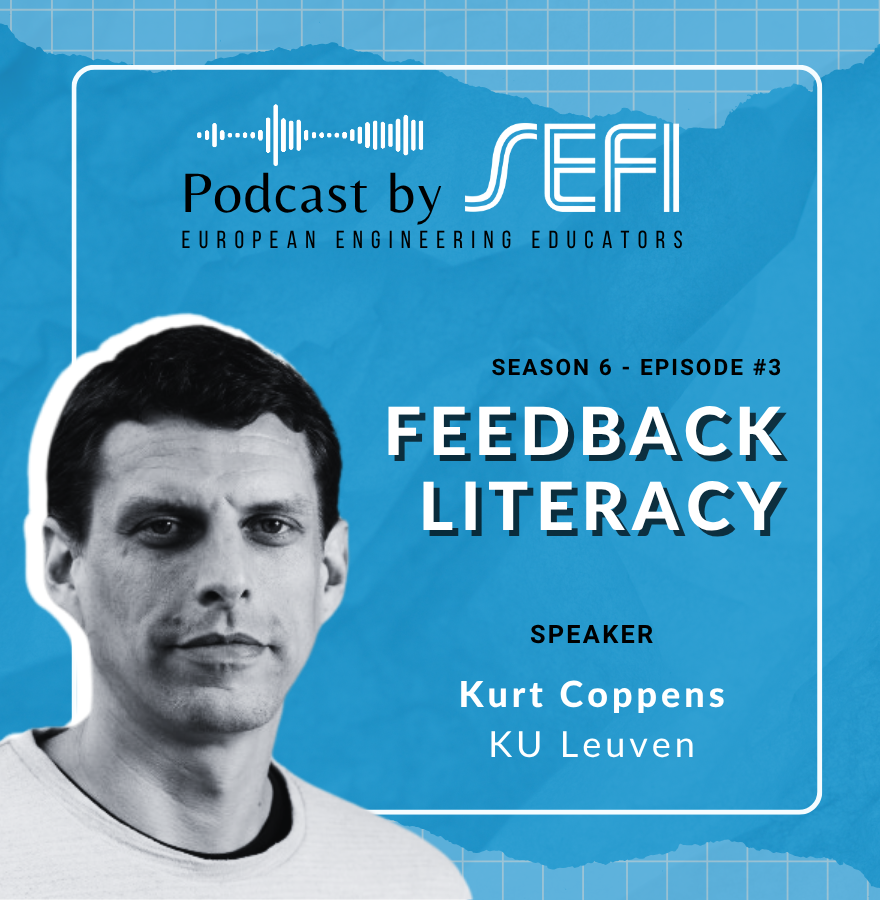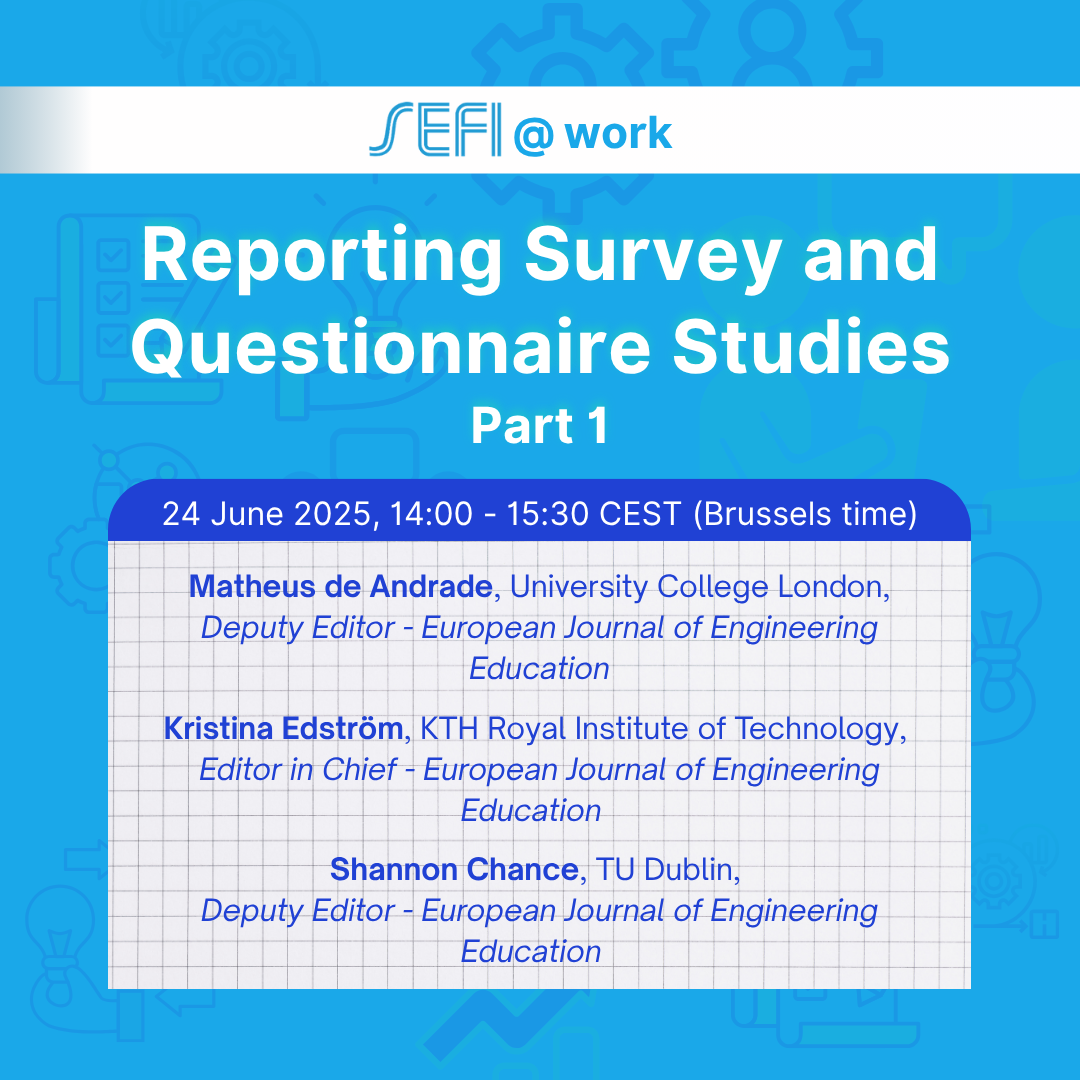Feedback is a somewhat perennial topic within higher education (HE), with increasing emphasis on students…
11-14 June 2023 – Tampere University of Applied Sciences (FI)
About the seminar
We would like to invite you to attend the MSIG2023, the 21st SEFI SIG in Mathematics seminar, to be held on 11-14 June 2023. The seminar is held in the city of Tampere (Finland), which is defined by a few unique characteristics: it is surrounded by beautiful lakes and eskers, it has a perfect scale for walking and there’s always something new and innovative going on. The centre of the city is dominated by industrial heritage; the national landscape of Tammerkoski rapids and historical red brick buildings.
Call for papers
We would like to invite you to submit a conference paper of 4-6 pages (incl. references) and to prepare a presentation or a poster thereof. The presentations are 12 min long followed by 8 min discussion. The preferred poster size is A0 portrait. For your paper submission, please use the template below and submit it to our confenrence tool “Lyyti” (link below). The submissions are blind reviewed and published in proceedings publication after the seminar. At least one of the authors is required to participate the seminar. The paper abstracts will be available on the seminar.
Template and submission:
Important dates:
28.2.2023(EXTENDED) – 6.3.2023 Abstract submission deadline- 19.3.2023 Notification of acceptance (based on abstract)
- 30.4.2023 Paper submission deadline
The main topics of the seminar are as follows:
- Mathematical competencies in practice and didactical research
- Practice roles of researchers and practitioners and ideas for cooperation
- Case studies as good examples
- Situations from practical experience
- Innovation in Mathematics competencies
- Theoretical basis and assumptions for competencies development
- How to assess competencies
- Good examples
- Situations from practical experience
- New means of assessing competencies
- The goal of teaching
- “Service Mathematics – Mathematics for the non-specialist”
- In the education of future engineers: Symbolic language of their disciplines in the education of future engineers
- General toolbox for solving application problems, or modelling instrument
- Active learning strategies
- Visualization as an active learning method
- Tools to improve Mathematics’ comprehension
- Dynamic Mathematics as motivation enhancement
- Playing and learning in and with Mathematics
- Turning Mathematical concepts into dynamic images
- Live Mathematics in dynamic images (orbis pictus)
- Mathematical Engineering and Informatics
- Applied modelling and simulation
- Applied Mathematics and Statistics
- New ideas in Mathematical Engineering and Informatics
*Other contributions related to the mathematical education of engineers are also welcome.

